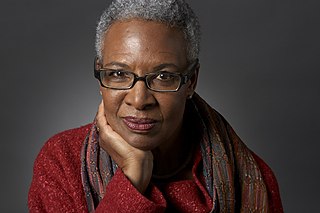A Quote by Stephen Hawking
Science is increasingly answering questions that used to be the province of religion.
Related Quotes
The antagonism between science and religion, about which we hear so much, appears to me to be purely factitiousfabricated, on the one hand, by short-sighted religious people who confound a certain branch of science, theology, with religion; and, on the other, by equally short-sighted scientific people who forget that science takes for its province only that which is susceptible of clear intellectual comprehension; and that, outside the boundaries of that province, they must be content with imagination, with hope, and with ignorance
Science is very good at answering the 'how' questions. 'How did the universe evolve to the form that we see?' But it is woefully inadequate in addressing the 'why' questions. 'Why is there a universe at all?' These are the meaning questions, which many people think religion is particularly good at dealing with.
In general, questions are fine; you can always seize upon the parts of them that interest you and concentrate on answering those. And one has to remember when answering questions that asking questions isn't easy either, and for someone who's quite shy to stand up in an audience to speak takes some courage.
Once upon a time, science, philosophy, and theology were disciplines largely undifferentiated from one another, and proving the existence of God was a fairly commonplace intellectual exercise. But as the scientific method became increasingly refined, particularly through the nineteenth century, science and religion grew apart.




































